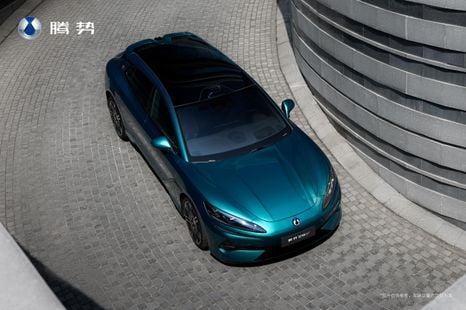

William Stopford
Denza Z9 GT: BYD’s Porsche Taycan rival gets even more powerful
53 Minutes Ago
AADA says Mercedes-Benz is entitled to change its business model, but not to 'steal hundreds of millions of dollars' in the process. It's war footing.

Senior Contributor
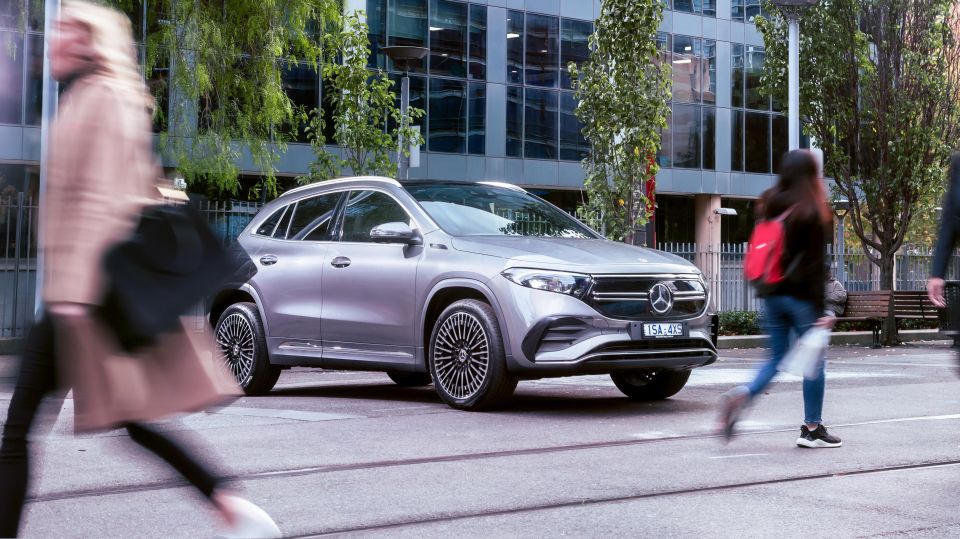

Senior Contributor
The Australian Automotive Dealer Association (AADA) has launched an astonishing broadside at the Federal Chamber of Automotive Industries (FCAI) and, by extension, the car brands it represents.
The war of words has been running for some time now as the two parties bicker over franchise reform (links below), and comes days after a group of Mercedes-Benz dealers took the car company’s Australian operation to Federal Court seeking compensation.
Mercedes-Benz’s new ‘agency’ business model, kicking off January 1 2022, will see Mercedes-Benz retain ownership of its stock rather than wholesaling it into dealers, set prices nationally with no room for haggling, and pay dealer-agents fixed sums per sale.
While Mercedes-Benz’s 50+ Australian dealer operators have all signed up to the revised agreements (after existing dealer agreements all lapsed by design at the same time) most claim to have done so under duress, following legal advice.
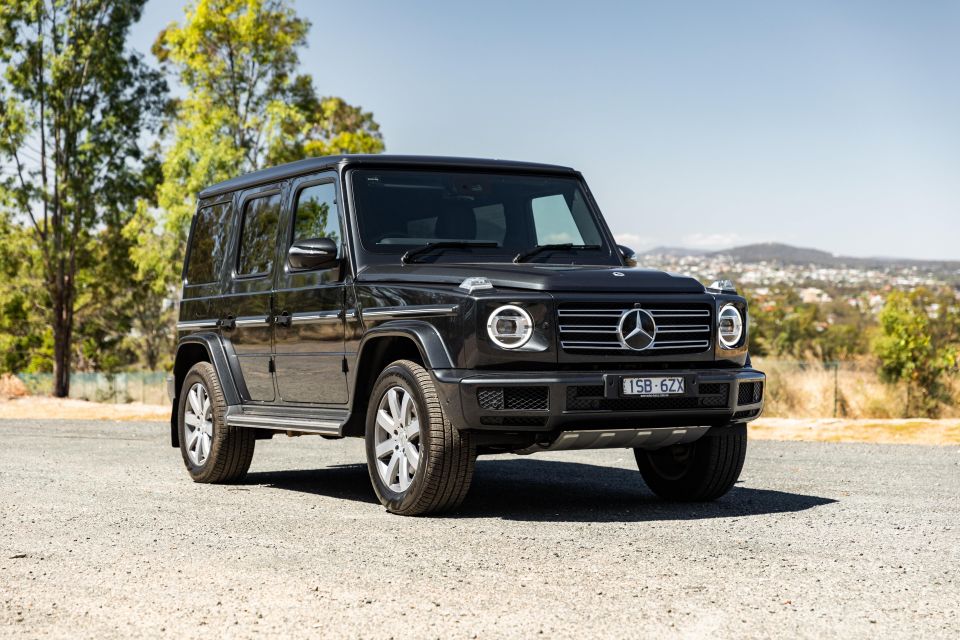
They have since launched a $650 million compensation case citing good-faith aspects of franchise law being breached. The case will take months or years, and is vanishingly unlikely to be decided by the agency model’s planned January 1, 2022 kickoff.
At the issue’s heart, the dealers say they deserve compensation for signing up to a business model that will make them less money after investing millions into building Mercedes Benz’s public-facing brand.
It’s less about banning the agency model than it is compensating dealers who feel they’re being strong-armed into adopting it.
Mercedes-Benz in return says its new model is better for consumers, which has today been backed up by the FCAI which has called for the market to decide on the best course for consumers.
It also says it owes dealers no compensation, because they’ll still be afforded profit opportunities under the new model which they’ve all signed up to work under. It also claims to have mediated disputes with its dealer body to attempt to find a way forward.
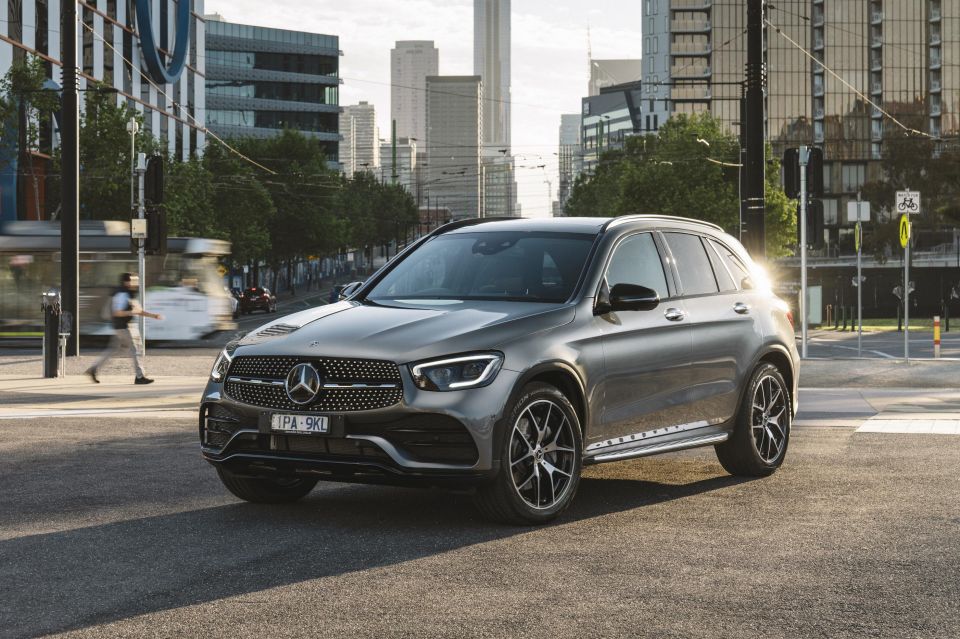
Speaking on behalf of the dealers, AADA CEO James Voortman, CEO said: “Mercedes-Benz in Stuttgart talks a lot about transparency but this is nothing more than obfuscation”.
We’d add the lawsuit involves Mercedes-Benz Australia – licensor of agency contracts – which is a subsidiary of Stuttgart.
His quotes were directly in riposte to a press release put out by the FCAI this morning, which said the agency model was an example of positive innovation and evolution.
“Far from delivering benefits to consumers, the switch proposed by Mercedes-Benz is driven by a desire to appropriate more than $650 million in the value of businesses built up by dealers without a cent of compensation,” Mr Voortman replied.

We’re awaiting the data that supports this $650m sum as the amount to be lost by dealers.
“This is ‘fake news’ from the FCAI claiming that consumers will ultimately benefit from these changes. The recent experience from Honda [which started under the agency model in July] shows unequivocally that prices will go up, competition will go down,” Mr Voortman added.
“In the case of Honda, consumers have voted with their feet and it is the only major car brand experiencing a decrease in sales in the last quarter.”
We would add here that Honda’s sales have indeed tanked, however it projected a sharp decline in its volumes as it focused on richer spec grades and reduced its range. There’s a famous expression around not conflating correlation and causation that bears mention.
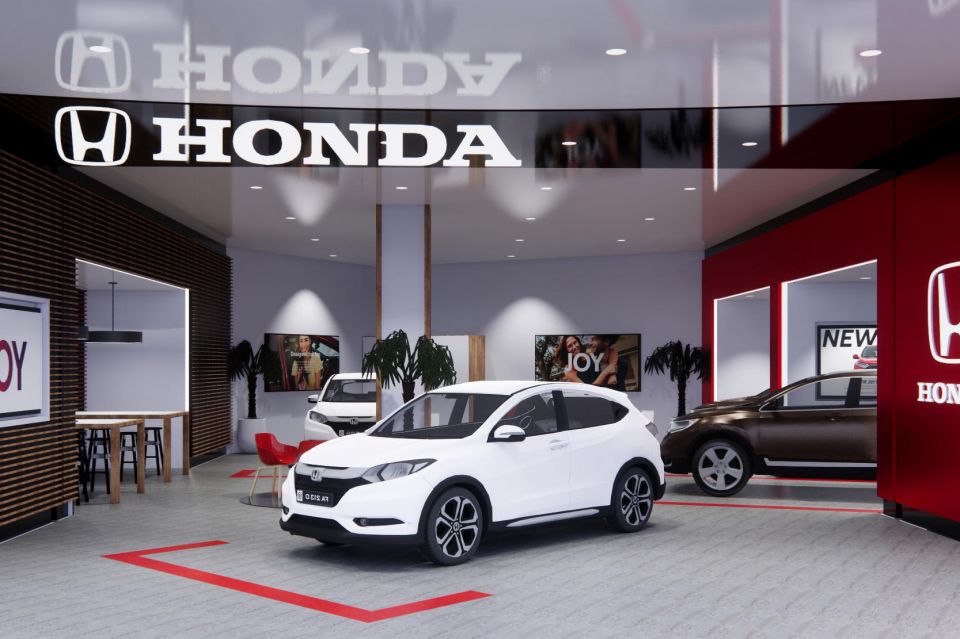
“Consumers are not crying out for this change. They are just plain crying,” Mr Voortman added.
“Where in any industry in the world has there ever been an example of monopoly pricing delivering a better consumer outcome.
“Mercedes-Benz is perfectly entitled to change its business model over time, but in doing so it is not entitled to steal the hundreds of millions of dollars of value built up over generations by predominantly family-owned businesses.”
To spotlight the other side of the debate, here are FCAI chief Tony Weber’s comments:
“Innovation and competition are kings across the retail landscape. Despite this, some car dealers want to immune themselves from change, even when customers are crying out for new ways to do business,” he said.
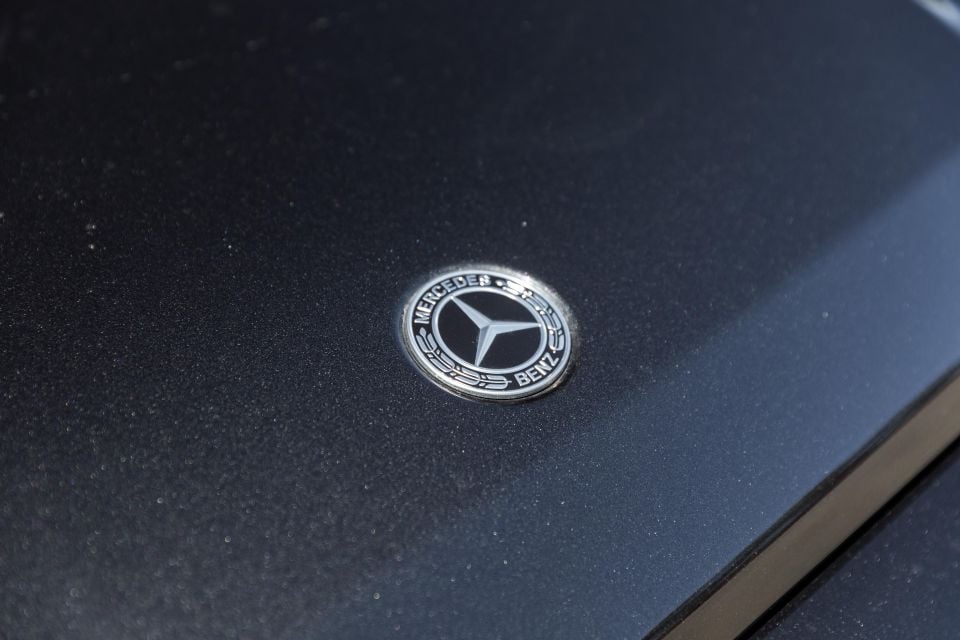
“Efficient, effective markets rely on innovation, transparency and flexibility – the new car market is no different.
“The agency model is one example that enables innovation and evolution and provides choice and competition to today’s consumers, regardless of where they live, who do not want the same car buying methods and experience their parents and grandparents had.
“Even the Federal Government acknowledged the importance of the agency model as an option by including it in the franchising code, which was implemented in July 2021.
“It introduces consistent pricing to Australia’s new car market and retains competition between car brands. Australia has 52 brands and more coming – that is the competition which drives down prices for consumers.
“This model will for the first time enable regional car buyers to buy any model through their local dealership and not have their choice limited by their location.”
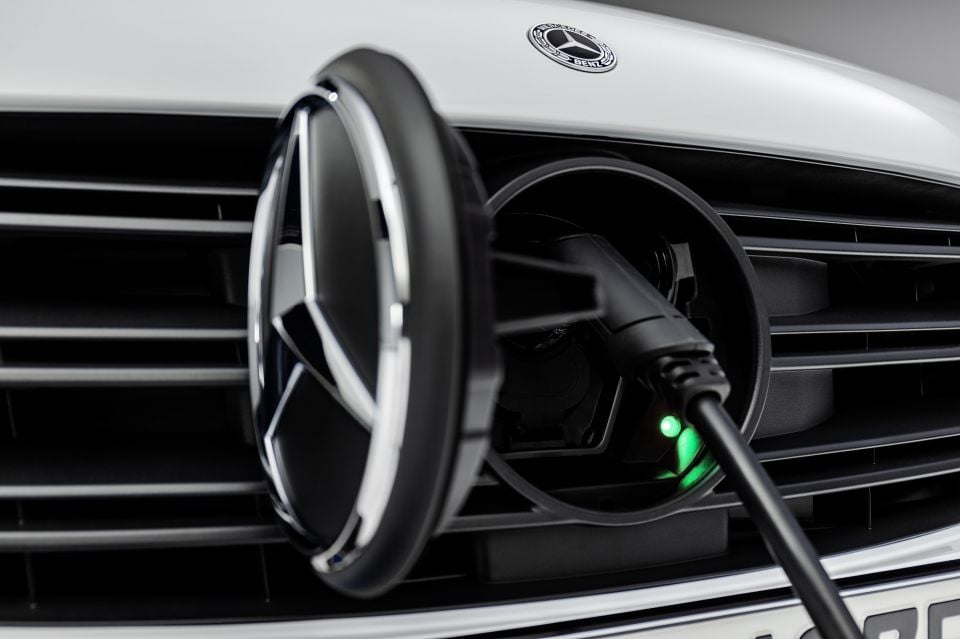
Mercedes-Benz says it has been consulting with its dealers around the new business model for three years, and entered mediation after aspects of the final draft agreement were rejected by most dealers. Mercedes already uses the agency model in South Africa, Sweden, and Austria.
“Mercedes-Benz Australia/Pacific has operated continuously in Australia since 1958. In that time, we have seen the industry evolve in reaction to the demands of Australian consumers,” the company told CarExpert.
“We have worked collaboratively with our dealer network over the past three years ahead of the launch of the Mercedes-Benz agency model, which will better deliver to the demands of modern consumers.
“It will provide greater price transparency, better choice and a larger model availability for all customers.
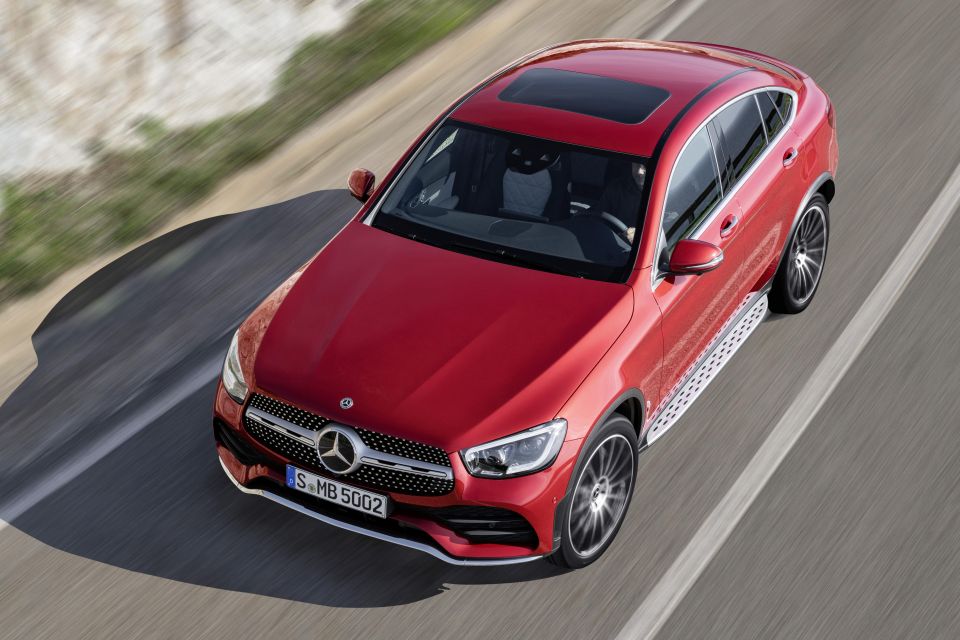
“It is disappointing that some dealers have taken this action, but we believe the Mercedes-Benz agency model is compliant with all relevant Australian laws, and we will be defending our position vigorously.”
We understand about 80 per cent of Mercedes-Benz dealers have signed up to the lawsuit. Those opting out are understood to comprise a few smaller sites as well as those run by global Mercedes-Benz dealer partner LSH, in which Daimler owns a 15 per cent stake.
A stakeholder in the issue claimed to us that “it’s also about the actual [MB-dealer] agreement, how there was no room to negotiate. It was a ‘take it or leave it’, and it doesn’t sit well with a number of dealers”.
The court case has been launched in the context of an active Federal Government discussion paper into further reform of existing franchise laws, which has prompted sharp disagreement between the representative bodies for car brands and car dealers respectively.
MORE: Q&A on why Mercedes-Benz is changing its dealer model
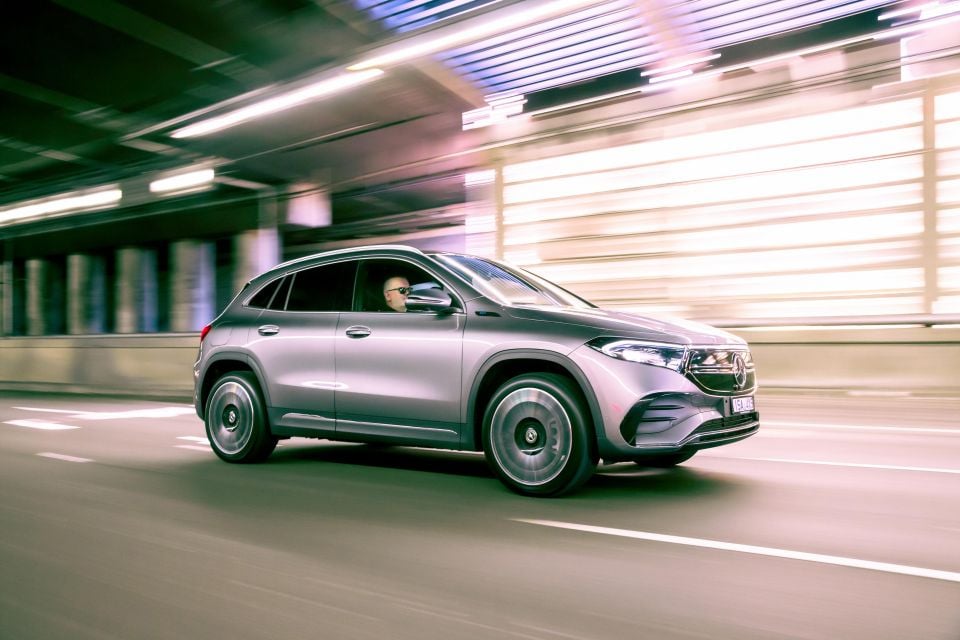
Franchise laws were tightened this year to punish rogue operators in the fallout from the Holden saga, but shortly after the government signalled interest in going further – around setting up a new code of conduct just for car dealers, and establishing mandatory binding arbitration processes to settle car brand versus car dealer disputes without tying up courts.
You can read the full Franchise Code reforms here if you’re interested.
“We have Honda dealers, Holden dealers and Mercedes-Benz dealers in court with the OEM. It’s pretty clear that OEMs know that’s in their favour, with their deeper pockets and armies of lawyers,” Mr Voortman told us this week in the context of mandatory binding arbitration.
Any changes to franchise law pitched by the Coalition government will have the support, it seems, of at least one ALP Senator: Deb O’Neill, who this week said “this is a seminal moment in the history of franchising in this country”.
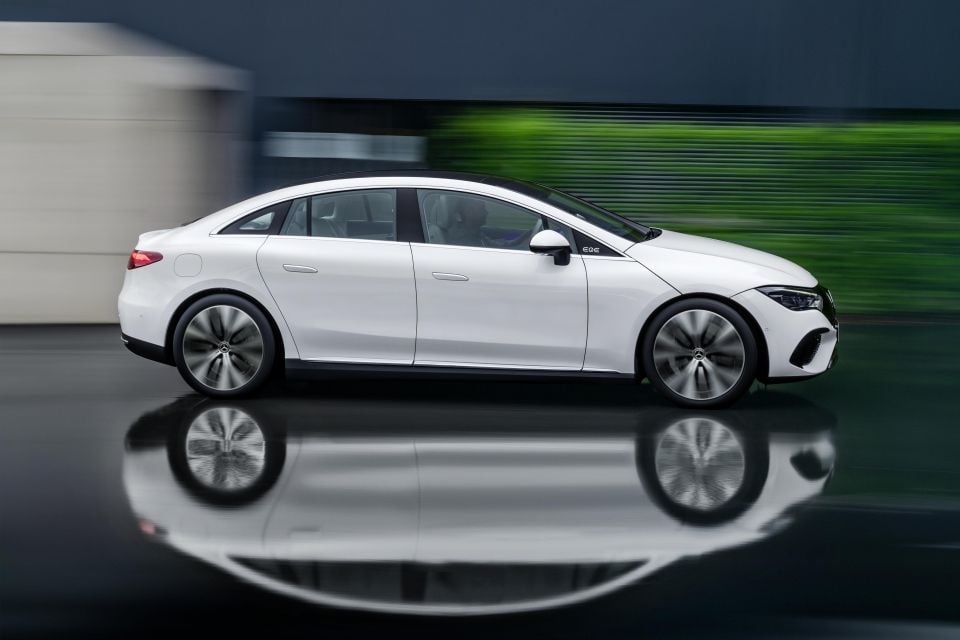
“This battle will decide whether a foreign [original equipment manufacturer] is able to force a model on to its franchisees that will see Australians pay more for cars, see less competition and remove the ability to shop around for the deal they want.”
One argument that is sometimes put forward by those on the dealer-side of the debate say franchise dealers are often small family businesses battling big global OEMs.
However, market share of single-site operators has been reduced greatly in recent times as ownership concentrates. AP Eagers, the biggest dealer group, claims State-specific market share of between 5.3 per cent and 26 per cent, meaning it has some clear bargaining power.
MORE: Dealers the winners in new Federal franchise code MORE: Car brands say further dealer protections could hurt consumers MORE: Government accused of prioritising dealers over consumers MORE: Dealers the winners in new Federal franchise code MORE: Q&A with Tony Weber, CEO of the FCAI MORE: Q&A with James Voortman, CEO of the AADA


William Stopford
53 Minutes Ago
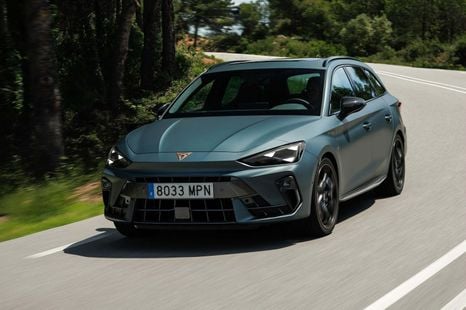

William Stopford
2 Hours Ago


Damion Smy
5 Hours Ago
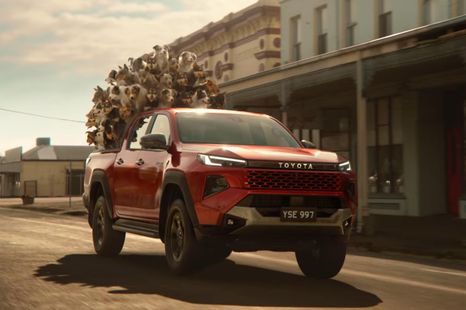

Damion Smy
6 Hours Ago
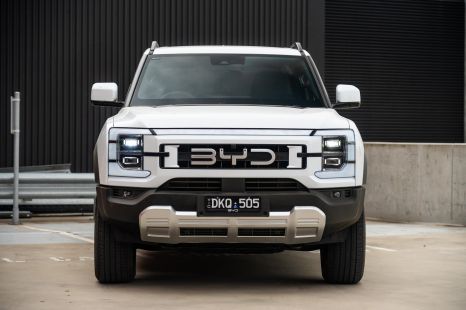

Max Davies
7 Hours Ago
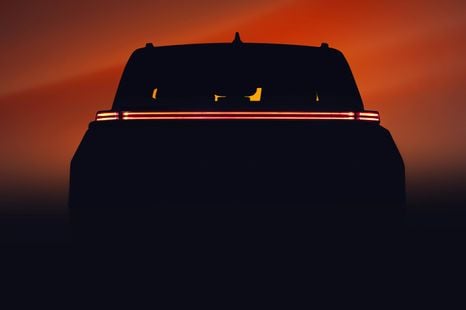

Damion Smy
7 Hours Ago
Add CarExpert as a Preferred Source on Google so your search results prioritise writing by actual experts, not AI.